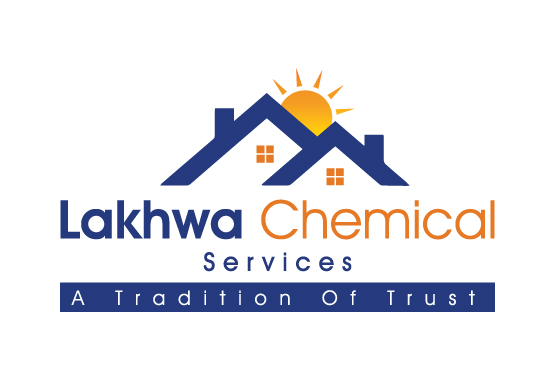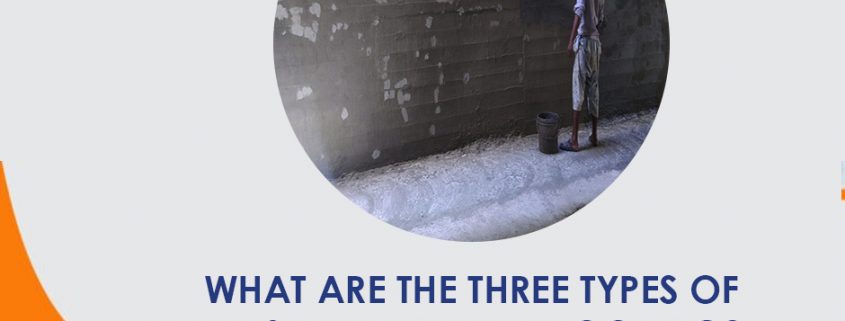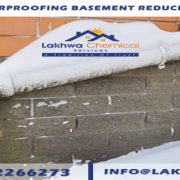What are the three Types of Basement Waterproofing?
Basement is a utility space for a building where different items, such as furnace, fuse box, water heater, and air conditioners are present. Besides, it is perfect as an emergency shelter. To keep it safe, homeowners need to cover the walls and floor with water-proof liquid solvents or membranes.
The basement spaces are prone to moisture development and wetness. Furthermore, soil water can cause hydrostatic pressure to be exerted underneath basement walls and floors. This pressure can force water through cracks and develop mold, decay, and other moisture-related problems.
Other issues include:
- Improper Slope
- Poor Soil and Drainage Systems
- Hydrostatic Pressure and Condensation
Different Types of Basement Waterproofing Methods
-
Paint and Sealants
If you are on a limited budget and can’t afford a waterproofing company, opt for wall paint or sealant application. Waterproofing paint is applied with a brush or roller. The paint is thick and viscous; it can fill small gaps, crevices, and minor ruptures. Sealants, on the other hand, can protect surfaces from environmental factors, such as UV rays, abrasion, and chemicals. Made from silicone, epoxy, and polyurethane, it is applicable on concrete, wood, and metal surfaces.
N.B. These are temporary solutions and is not recommended by waterproofing experts.
Read More
Major Causes of Foundation Problems in Your Home
Signs to Identify that Your Basement Needs Repairing
Major Causes of Leakage in the Basement in Karachi
-
Interior Waterproofing
Interior basement waterproofing is applied to fix issues, such as minor dampness and moisture ingress. The entire process involves the use of sump pump, interior drainage pipes and tiles, concrete breaking tools, and a waterproofing membrane. The area needs to be targeted from where the seepage is occurring. Moreover, crevices and cracks should be covered before the waterproofing process is executed.
A waterproofing membrane is applied to the walls and floors of the basement. It is a thick, rubbery material applied to restrict moisture from entering the basement. The material forms a continuous, seamless barrier that prevents water from penetrating into the basement.
There are several benefits of interior basement waterproofing system. It is easy to install and maintain. More so, it is less disruptive than other methods, which require excavation and landscaping work. An interior membrane can improve the overall appearance of the basement by creating a uniform surface.
-
Concrete Crack Injections
Developed from a combination of cement and water, concrete is one of the strongest materials in the construction industry. It is durable, weather-resistant, and easy to maintain.
Concrete can rupture for different reasons, such as drying shrinkage, thermal changes, excess water, and more. To overcome the issue, crack injection process is used.
According to Lou Cole, “If a crack is not leaking, eventually, water will find it.” Crack injection technique is an accepted practice by experts; it is cost-effective, permanent, and reliable. Different types of chemicals like epoxy and polyurethane are used to fix water leakage.
The process is simple: The concrete surface is cleaned around the crack to wipe off unwanted materials and contaminants. Thereafter, air is blown in the crevice for better chemical adhesion. Resin infusion is a complicated process and should be undertaken by professionals.
Read More
Types of Foundation Waterproofing in Karachi
Best Way to Minimize Roof Damage Through Roof Waterproofing in Karachi
Foundation Waterproofing Benefits: Overview
Chemicals Used for Basement Waterproofing
Chemicals (solvents and membranes) are essential for basement waterproofing. Some of the most common ones are:
-
Cementitious Coatings
These coatings are made from sand and waterproofing agent, such as acrylic or latex. They are applied to the basement walls and floors.
-
Bituminous Coatings
Bituminous coatings are layered underneath different coats. These coatings are made from asphalt or coal-tar pitch.
-
Epoxy Coatings
Epoxy coatings are durable and resistant to chemicals. These coatings are made from two-part epoxy resins and applied over concrete floors.
Conclusion
Experts from Lakhwa Chemical Services are well-versed in basement waterproofing application. Apart from common coatings applied in residential and commercial sectors, they are adept with chemicals, such as polyurethane, sodium silicate, crystalline waterproofing, and more.
Keep your basement safe from water ingress today!





Leave a Reply
Want to join the discussion?Feel free to contribute!